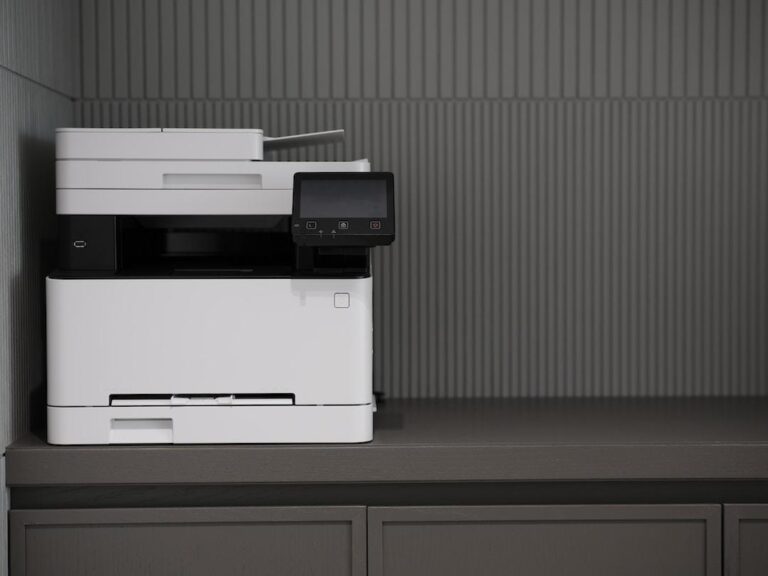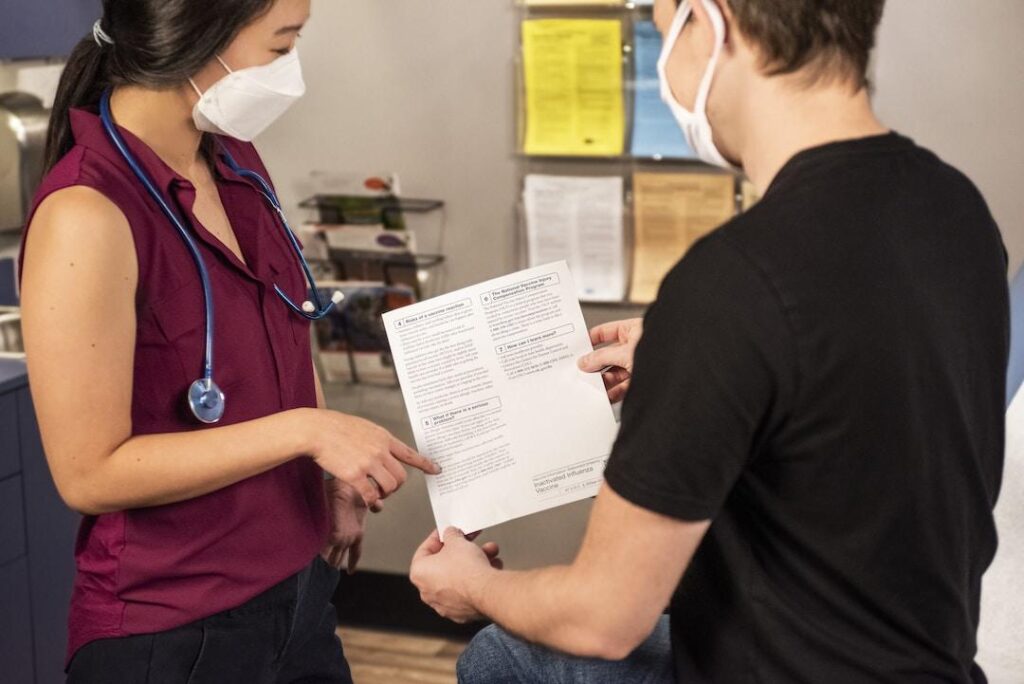Looking to learn more about HIPAA compliant faxing and its importance? This article scrutinizes what HIPAA compliant faxing is, how it works, its significance in the healthcare sector, essential features required for a HIPAA compliant fax service, and best practices for implementing it.
Understanding HIPAA Compliance With Faxing
Alt Text: A fax machine sat on a desk.
HIPAA, or the Health Insurance Portability and Accountability Act, sets specific standards to protect sensitive patient health information from being disclosed without the patient’s consent or knowledge. One of the means of transmitting sensitive data in the healthcare field is through faxing, hence the requirement for HIPAA compliant faxing.
Compliance with HIPAA regulations ensures that patients’ records are safeguarded throughout every stage of the communication process, ensuring the privacy and confidentiality of health data.
How Does HIPAA Compliant Faxing Work?
A HIPAA compliant fax service works smartly to ensure the secure transmission of health information. In most cases, incoming faxes are encrypted and sent to the recipient’s secure web server or email address. Only the intended recipient is granted the decryption key to access the documents, efficiently controlling data breach risks.
Moreover, the service maintains comprehensive transaction logs, timestamping every single action for auditing purposes. This makes it easier for the healthcare provider to trace all processed documents and ensure necessary compliance levels are met.
The faxing solutions carry out regular data backup and have procedures for data recovery in case of a loss. This is crucial, as it allows healthcare institutions to recover vital patient data if need be.
Importance of HIPAA Compliance Faxing in the Healthcare Industry
Alt Text: A doctor discusses a healthcare plan with a patient.
In recent years, the application of HIPAA compliant faxing has skyrocketed in the healthcare industry. It forms an integral part of the healthcare system.
A breach of data protection can not only lead to hefty penalties for healthcare providers but also violate the privacy of patients, leading to a loss of trust among patients.
Having guidelines in place streamlines the communication process between healthcare providers, billing companies, and insurance firms, enhancing service delivery and efficiency.
Essential Features Required for a HIPAA Compliance Fax Service
Several key features need to be present in a HIPAA compliant fax service. First, the service should have strong data encryption to protect the privacy of the health information being transmitted.
The solution should have robust access controls, ensuring only authorized individuals can access the faxed data. Also, the service should comply with HIPAA’s record retention period, which stipulates that all documents should be kept for a minimum of six years.
Moreover, the service should also provide an automatic logging feature. This allows for easy auditing, ensuring all necessary guidelines are being followed, and breaches can be easily identified and rectified.
Lastly, a reliable HIPAA compliant fax service is one that offers immediate notifications. This helps in expediting the healthcare delivery process while ensuring that all permitted parties stay abreast with the relevant health information.
Best Practices for Implementing HIPAA Compliant Faxing
The application of HIPAA compliant faxing can bring considerable changes to the healthcare sector. It, however, requires proper implementation to ensure optimum results.
Healthcare providers should first conduct thorough training among their staff on the importance of respecting patients’ privacy rights and the potential outcomes of privacy breaches. This equips them with the necessary guidelines for handling health data correctly.
Altogether, HIPAA compliant faxing is not only essential for healthcare providers but also contributes significantly to a larger extent to patient privacy protection. All in all, healthcare providers can seamlessly enhance efficiency.


0 Comments